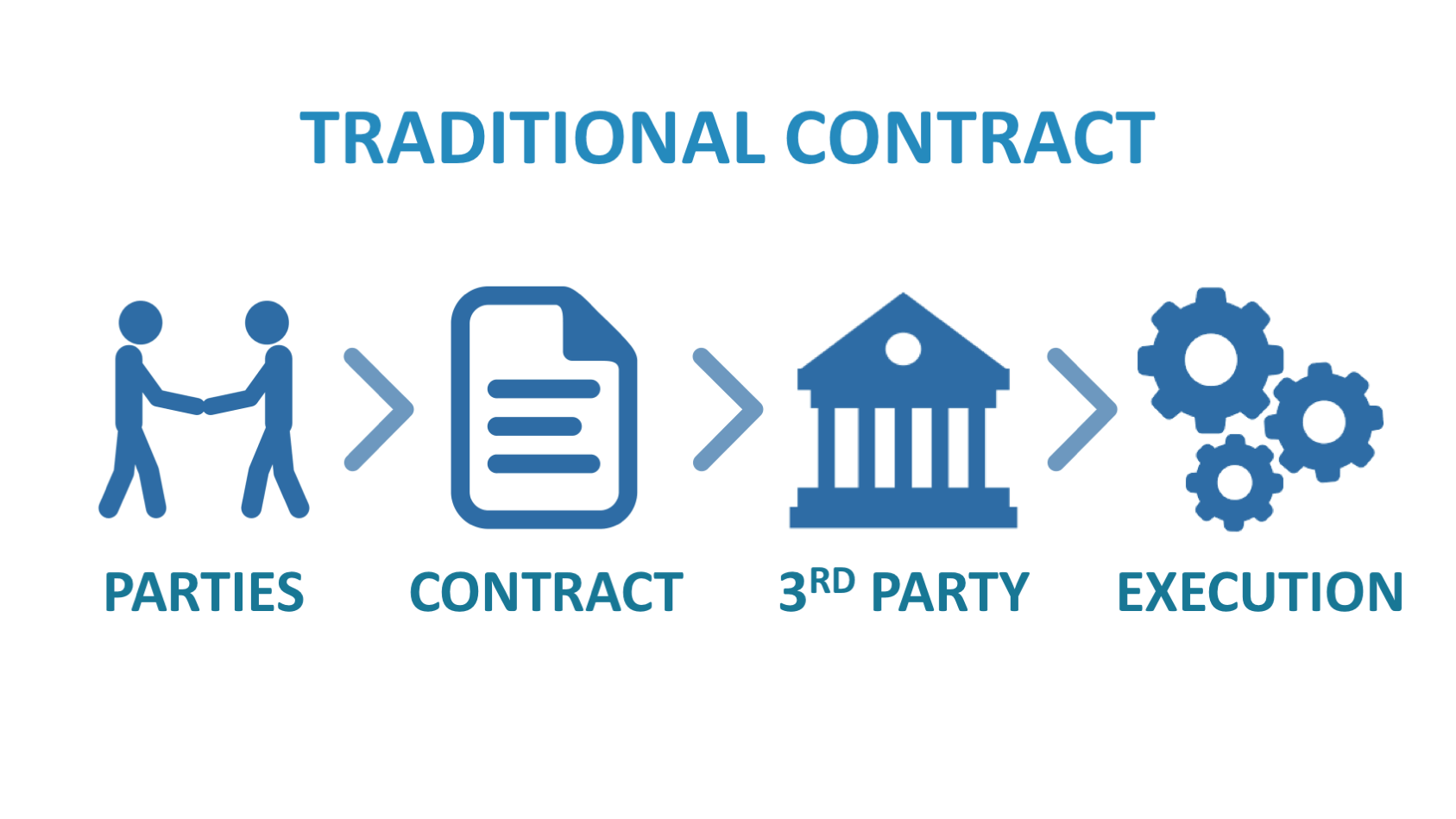News
Why Does Ethereum Have Value?
Summary: The value case for cryptocurrencies can be complicated to understand, and leads some traditional investors to be wary of the space. Ethereum is one of the easiest cryptocurrencies to understand why it has value, especially when it is analogized as digital oil and the backbone of the next generation of the internet. As we discussed ...
The value case for cryptocurrencies can be complicated to understand, and leads some traditional investors to be wary of the space. Ethereum is one of the easiest cryptocurrencies to understand why it has value, especially when it is analogized as digital oil and the backbone of the next generation of the internet.
As we discussed in the previous article, Bitcoin can be analogized as a digital gold. However, that analogy is also true in some negative aspects. Being the first blockchain that was ever made, Bitcoin has some problems that weren’t solved until later cryptocurrencies came out, like how gold was replaced by paper-backed currencies due to issues with fractionalizing gold and fraud.

The main problem with Bitcoin is also its biggest strength: it can only be used for payments. The simplicity of Bitcoin helps it truly be a digital store of value, but it is not capable of being anything more. These payments, like paying with physical gold, can also sometimes be slow and costly, depending on how many people are trying to send a transaction at the same time. Bitcoin can only handle 7-9 transactions per second, which is not nearly enough when considering it as the future of currency.
To add more functionality to blockchains, Ethereum was created. Ethereum’s main unique feature is the ability to create smart contracts. In order to understand the significance of Ethereum, it is important to contextualize smart contracts and why they are valuable.

Today, all contracts are written in law and as enforceable as the lawyers and laws behind it.
An easy example to use is a sports gambling site. When someone signs up and bet on Team A to win a baseball game, they’re fully trusting the company to pay out if Team A wins. If they don’t, they trust the legal system to indict them for fraud and ensure they get their money back.

However, in our increasingly globalized world, laws between different regions vary, and the enforceability of contracts has come under question numerous times.
Furthermore, there is a middleman taking fees every single time a contract is carried out. Think about buying or selling a house. When that process takes place, one has to use an escrow company. These companies can take a 1-2% fee to act as the middleman between the purchase of a house, and this represents significant money when talking about hundreds of thousands or even millions of dollars.
Smart contracts, unlike regular contracts, are purely defined in terms of code and logic. This means that there are no questionable clauses up to interpretation, large fees from mediators, or even middlemen in general.

In the example of sports betting, instead of having to trust the website, one could simply put their money in a smart contract and know that as soon as it is confirmed that Team A wins, they will get paid and the people who bet against liberty will be the ones paying. This is logically and provably guaranteed.
There are near-infinite possibilities for what these smart contracts can create. Almost any contract in existence today can be rewritten as a smart contract and made more efficient. Loans, exchanges, gambling, insurance, and even more industries are ripe for disruption with smart contracts.
This is where Ethereum comes in. Like Bitcoin, it can be used as a medium of exchange and store of value. But unlike Bitcoin, smart contracts can be published to their blockchain.
What this means is that these smart contracts, with all of their guarantees about execution and conditionless security, can also reap the benefits of a trustless, decentralized, and unchangeable blockchain. This truly makes these contracts and their code as good, if not better, than law.
Just like how the Bitcoin blockchain uses Bitcoin as its “native” currency, the Ethereum blockchain uses Ether, or ETH, as its native currency. This means that all transaction fees are paid in ETH. So every time someone deploys a smart contract, or a smart contract pays out based on a certain condition, ETH or Ether is required to be bought and used as a transaction fee.
Ethereum can also be mined. Unlike Bitcoin, some of the Ethereum from transactions goes to the miners, but a significant portion of it gets completely burned and disappears. Ethereum is also working on an upgrade which will allow for a theorhetical 100,000 transactions per second, which will make it incredibly fast and with a throughput higher than Visa by a significant margin.
If Bitcoin is digital gold, Ethereum is digital gas. Each time one of those smart contracts is created, a little bit of Ethereum is burned and will never be seen again, reducing the overall supply, like real gas in machines.

Ethereum is helping to build the next generation of the internet. Goldman Sachs and the European Investment Bank have already used Ethereum to digitize a bond and settle it entirely on the blockchain. Other companies like Amazon, IBM, and Microsoft also have Ethereum on their radar, and it will only be a matter of time before it becomes the backbone for the next generation of payments, settlement, and the digital ecosystem.
By Lincoln Murr